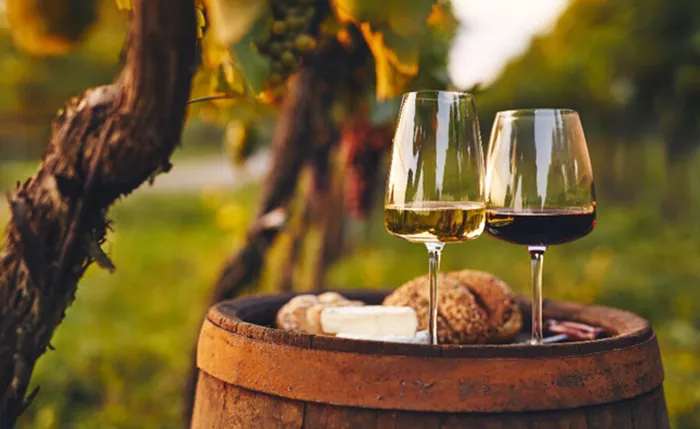Hop Alley, a Chinese restaurant in Denver known for its culinary innovation, recently received national acclaim with its selection as a 2025 James Beard Award semifinalist for Outstanding Wine and Other Beverages Program. This recognition took staff by surprise, particularly wine director Jacob Roadhouse, who believed the restaurant’s wine program only resonated with a small, local audience. “I thought Hop Alley’s wine program was important to maybe 75 people in Denver, but to be recognized on a national level was very surprising,” Roadhouse said.
Pairing wine with Chinese cuisine is often considered a challenge, as many wines can be overpowered by the bold flavors and aromas typical of the dishes. Roadhouse, however, views this as an opportunity to experiment with diverse styles and flavors that pair well with the intensity of Chinese food. His approach is notably distinct from what many diners expect at Chinese restaurants, which are traditionally associated with familiar California varietals like Cabernet Sauvignon or Chardonnay.
Instead, Hop Alley’s wine list is characterized by a focus on wines with higher acidity, vibrant fruit profiles, and aromatic complexity, featuring varieties such as Rieslings, Chenin Blancs, and Gamays. The wine program emphasizes Old World wines, with a notable selection of sparkling wines, and only a handful of California labels. Cabernet Sauvignon, often a staple in many restaurants, is conspicuously absent.
“People think that [Chinese restaurants] have to have Cabernets and Sauvignon Blancs and a bunch of California Chardonnays to get people through the door. We take the opposite approach to that,” says Roadhouse. Since its opening in 2015, Hop Alley’s wine list has expanded significantly, now boasting approximately 50 bottles—about 10 to 15 percent of which are available by the glass.
Roadhouse’s commitment to high-quality, natural, and low-intervention wines plays a central role in the restaurant’s beverage program. These wines are made using organic or biodynamic practices and fermented with naturally occurring yeasts. As a result, Roadhouse is selective in his purchasing, often tasting up to 100 wines a week and selecting just a few to feature. He tends to favor young, emerging producers, ensuring that he can procure wines before they become prohibitively expensive.
For guests seeking the best of Hop Alley’s wine list, the chef’s tasting menu offers an opportunity to experience expertly curated wine pairings. The $96 menu (available by reservation only) allows Roadhouse to showcase his sommelier skills with custom pairings designed to elevate the dining experience.
Notable Pairings from Hop Alley’s Chef’s Tasting Menu:
Egg Omelet & Chenin Blanc
Dish: Jidori egg omelet with fried oyster, caviar, and fermented crab
Wine: Domaine Mark Angeli Ferme de la Sansonniere La Lune Chenin Blanc
Roadhouse explains: “The richness of the jidori eggs was balanced by the acidity of the Chenin Blanc. The wine’s fruitiness also complemented the spice of the fermented crab, making this pairing nearly perfect.”
Octopus & Riesling
Dish: Confit Spanish octopus with fermented tofu, Mokum carrot, and green tomato
Wine: Max Kilburg Ohligsberg Riesling Kabinett
“This Riesling’s racy acidity worked well with the umami-heavy fermented tofu, offering the perfect balance to the dish,” says Roadhouse.
Scallops & Chardonnay
Dish: Main dayboat scallops with sunchokes and cauliflower broth
Wine: Domaine de la Touraize Arbois Chardonnay
Roadhouse notes: “The richness of the cauliflower broth and the caramelized scallops paired wonderfully with the intense, chewy Jura Chardonnay, which balanced the dish with its texture, acidity, and salt.”
Hop Alley’s wine program continues to push the boundaries of what diners can expect from a Chinese restaurant, blending bold flavors with an imaginative and expertly curated wine list. This recognition by the James Beard Foundation further cements the restaurant’s place as a leader in the culinary and beverage world.
You Might Be Interested In:


